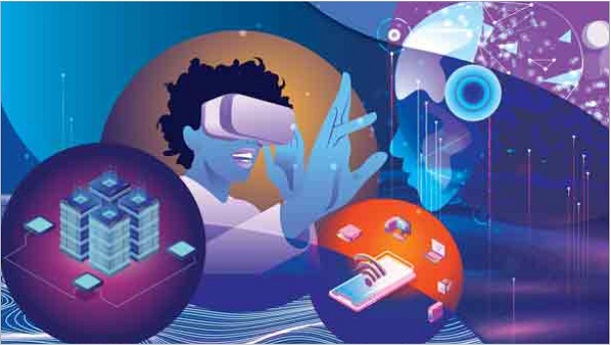
Executives have an enormous opportunity to use technology to help them scale solutions, offer customer-centric products and services, and pioneer new, immersive forms of engagement in today’s business landscape that’s dominated by technology.
Log In or become an AIMA member to read more articles
